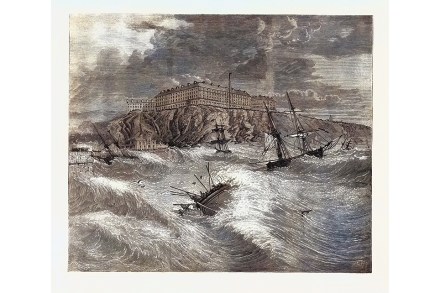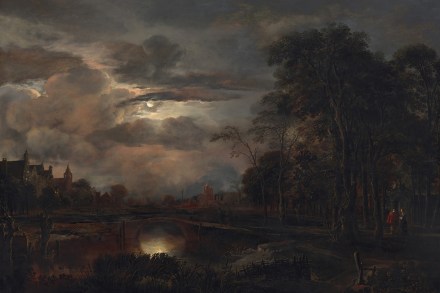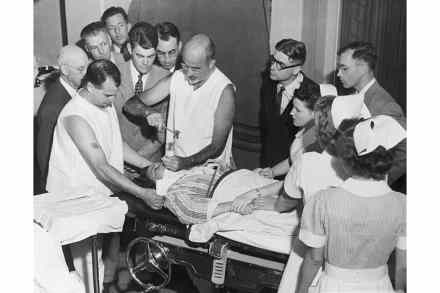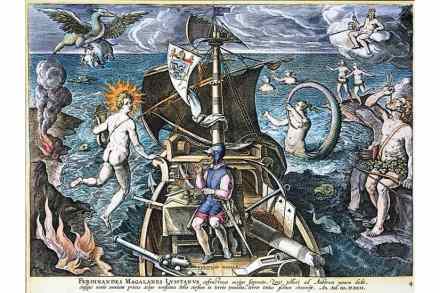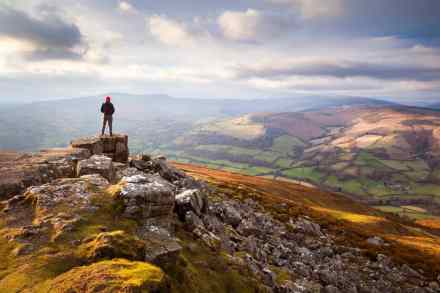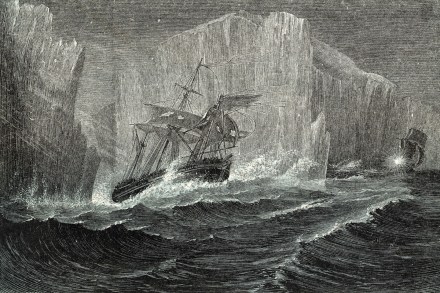Hell is other tourists in Antarctica
My first love was a penguin. Pengwee was an adorable brown and white emperor chick who had my heart and broke it the day he dived into the bath. After a week in the airing cupboard he smelled of fish – surprising in a soft toy. But then penguins are surprising. Towards the end of



